由于要用到固定长度的随机字符串。
首先是一段php代码
|
1
2
3
4
5
6
7
8
|
$str_md5=md5(uniqid()); $rand = mt_rand(1, 28); $str1=substr($str_md5,$rand,6); $rand = mt_rand(1, 28); $str2=substr($str_md5,$rand,6); $rand = mt_rand(1, 28); $str3=substr($str_md5,$rand,6); $code=substr($str1.$str2.$str3,0,8); |
生成180000个随机字符串,图中是按照重复数量倒序排列,可以看到基本都有重复的。不过也是比较理想的。
由于想提升一下自己的c语言能力,所以用c重新写了一下随机生成字符串。
随机数还是有问题。并发访问时时间可能几乎为同时,那么srand给的种子时间可以视为相同的。这样就导致了,产生的随机数也是一样的。从而产生的随机字符串也是一样的。循环输出随机字符串,几乎都是一模一样的。
后来想到了ukey,这个扩展可以实现唯一的id,那么访问都产生唯一的id,是不是可以将这个id作为种子时间。答案是肯定的。
产生的随机字符串,可以自定义长度。也同样可以输出只有数字的字符串。相较php所产生的随机字符串重复率更低且速度更快。
|
1
2
3
4
5
6
7
8
9
10
11
12
13
14
15
16
17
18
19
20
21
22
23
24
25
26
27
28
29
30
31
32
33
34
35
36
37
38
39
40
41
42
43
44
45
46
47
48
49
50
51
52
53
54
55
56
57
58
59
60
61
62
63
64
65
66
67
68
69
70
71
72
73
74
75
76
77
78
79
80
81
82
83
84
85
86
87
88
89
90
91
92
93
94
95
96
97
98
99
100
101
102
103
104
105
106
107
108
109
110
111
112
113
114
115
116
117
118
119
120
121
122
123
124
125
126
127
128
129
130
131
132
133
134
135
136
137
138
139
140
141
142
143
144
145
146
147
148
149
150
151
152
|
php_function(get_random__num_str){ int length=8; if (zend_parse_parameters(zend_num_args() tsrmls_cc, "l", &length) == failure) { length=8; } length++; int flag, i; char* string; __uint64_t timestamp = realtime(); __uint64_t retval; int len; char buf[128]; if (timestamp == 0ull) { return_false; } spin_lock(lock, pid); if (context->last_timestamp == timestamp) { context->sequence = (context->sequence + 1) & context->sequence_mask; if (context->sequence == 0) { timestamp = skip_next_millis(); } } else { context->sequence = 0; /* back to zero */ } context->last_timestamp = timestamp; retval = ((timestamp - context->twepoch) << context->timestamp_left_shift) | (context->datacenter_id << context->datacenter_id_shift) | (worker_id << context->worker_id_shift) | context->sequence; spin_unlock(lock, pid); //printf('%ld',retval); srand((unsigned)retval); //srand((unsigned) time(null )); if ((string = (char*) emalloc(length)) == null ) { //mylog("malloc failed!flag:14n"); return_null() ; } for (i = 0; i < length - 1; i++) { flag = rand() % 3; switch (flag) { case 0: string[i] = '1' + rand() % 5; break; case 1: string[i] = '2' + rand() % 7; break; case 2: string[i] = '0' + rand() % 10; break; default: string[i] = '9'; break; } } string[length - 1] = ''; return_stringl(string,length,0);} php_function(get_random_str){ int length=8; if (zend_parse_parameters(zend_num_args() tsrmls_cc, "l", &length) == failure) { length=8; } length++; int flag, i; char* string; __uint64_t timestamp = realtime(); __uint64_t retval; int len; char buf[128]; if (timestamp == 0ull) { return_false; } spin_lock(lock, pid); if (context->last_timestamp == timestamp) { context->sequence = (context->sequence + 1) & context->sequence_mask; if (context->sequence == 0) { timestamp = skip_next_millis(); } } else { context->sequence = 0; /* back to zero */ } context->last_timestamp = timestamp; retval = ((timestamp - context->twepoch) << context->timestamp_left_shift) | (context->datacenter_id << context->datacenter_id_shift) | (worker_id << context->worker_id_shift) | context->sequence; spin_unlock(lock, pid); //printf('%ld',retval); srand((unsigned)retval); //srand((unsigned) time(null )); if ((string = (char*) emalloc(length)) == null ) { //mylog("malloc failed!flag:14n"); return_null() ; } for (i = 0; i < length - 1; i++) { flag = rand() % 3; switch (flag) { case 0: string[i] = 'a' + rand() % 26; break; case 1: string[i] = 'a' + rand() % 26; break; case 2: string[i] = '0' + rand() % 10; break; default: string[i] = 'x'; break; } } string[length - 1] = ''; return_stringl(string,length,0);} |
只要在ukey中加入上如代码就可以生产随机字符串和随机长度数字字符串,php唯一id生成扩展ukey。
php.ini的配置项:
|
1
2
3
4
|
[ukey]ukey.datacenter = integerukey.worker = integerukey.twepoch = uint64 |
datacenter配置项是一个整数, 用于设置数据中心;
worker配置项是一个整数, 用于设置数据中心的机器序号;
twepoch配置项是一个64位的整数, 用于设置时间戳基数, 此值越大, 生成的id越小;
安装:
|
1
2
3
4
5
|
$ cd ./ukey$ phpize$ ./configure$ make$ sudo make install |
ukey提供3个有用的函数:
ukey_next_id() — 用于生成唯一id
ukey_to_timestamp(id) — 用于将id转换成时间戳
ukey_to_machine(id) — 用于将id转换成机器信息
使用实例:
|
1
2
3
4
5
6
7
8
9
10
|
<?php$id = ukey_next_id();echo $id; $timestamp = ukey_to_timestamp($id);echo date('y-m-d h:i:s', $timestamp); $info = ukey_to_machine($id)var_dump($info);?> |
© 版权声明
本文刊载的所有内容,包括文字、图片、音频、视频、软件、程序、以及网页版式设计等部门来源于互联网,版权均归原作者所有!本网站提供的内容服务于个人学习、研究或欣赏,以及其他非商业性或非盈利性用途,但同时应遵守著作权法及其他相关法律的规定,不得侵犯本网站及相关权利人的合法权利。
联系信息:邮箱aoxolcom@163.com或见网站底部。
联系信息:邮箱aoxolcom@163.com或见网站底部。
THE END




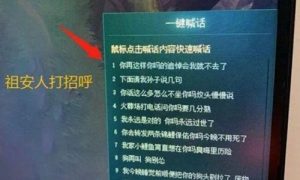
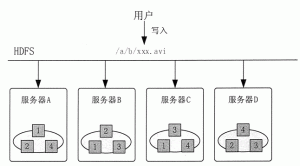

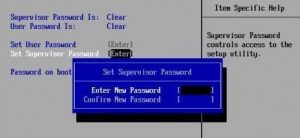
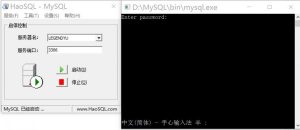
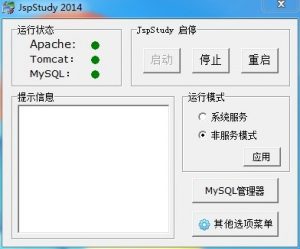

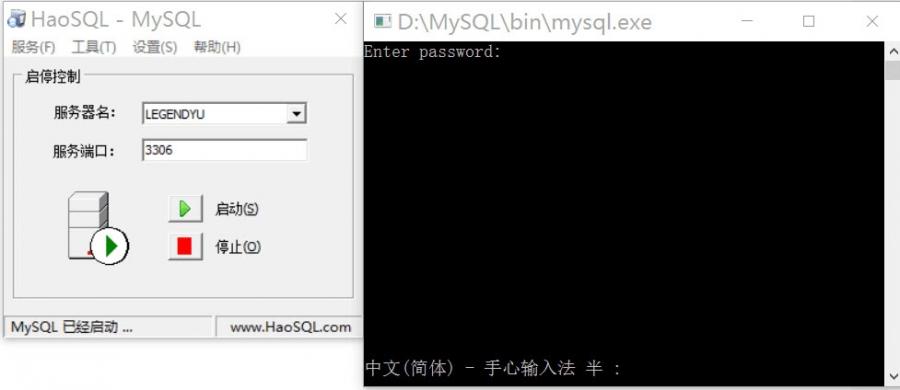






请登录后发表评论
注册
社交帐号登录